Review: By the Time I Get to Phoenix by Injury Reserve

October 28, 2021
After the death of founding member Stepa J. Groggs, Injury Reserve delivers the most refreshing take on experimental hip-hop in almost a decade.
2012 saw the rap game change on all sides. While Kendrick Lamar would raise the standard of the mainstream with his first triple platinum album in good kid, m.A.A.d. city, Death Grips would shake the underground with their major label debut, The Money Store. They delivered unlikely combinations of violent yet abstract lyrics over harsh yet (at times) danceable beats, playing with an eclectic range of inspirations from punk to E.D.M. The impression that the release would make on the experimental rap scene made it impossible for their peers to escape the “Death Grips comparison,” regardless of whether the material would actually bear a resemblance. Injury Reserve, however, with By the Time I Get to Phoenix, has broken free of this bind.
Formed as a trio in 2013, Injury Reserve would release their eponymous studio debut in 2019. Experimenting playfully in the first half and finishing with a more serious, somber second half (you can tell they’re trying to be profound when they sample a Silver Mt. Zion song) rappers Ritchie with a T and Stepa J. Groggs evince their pop sensibilities over Parker Corey’s industrial beats, flexing impressive features but failing to carve a niche for themselves. While the release had minimal impact on the game at the time, those who noticed the album saw the potential the group had to improve, and were heartbroken by the announcement of Groggs’ death. Despite this, we’d hear his posthumous features on other artists’ projects, but we wouldn’t hear new material until June, with the release of lead single Knees.
This single foreshadowed the experimental rock worship we’d witness on Phoenix; on “Knees,” Ritchie and Groggs sing softly about growing, but not “getting taller,” over a repeated guitar chord sampled from black midi’s “Sweater.” They followed up a month later with “Superman That” (the weirdest Soulja Boy reference ever), where Parker Corey attacks the listener with a disjointed and explosive take on a saxophone chord progression off Black Country, New Road’s song “Athens, France.” It seemed that the compromises that burdened Injury Reserve’s debut wouldn’t be heard on this new album.
They weren’t. By the Time I Get to Phoenix is uncompromising, it’s extreme. This review won’t have to be another Death Grips comparison, because while the album is often loud and sonically disorienting, it’s just as significant that Ritchie, Groggs and Parker make room for emotional potency and variety throughout.
Starting off the record, “Outside” confirms the experimental rock theme present on the record with writing credited to black midi’s drummer, Morgan Simpson, and generous sample of Angel Rada’s “Panico a Las 5am”, incapsulating almost its entire instrumental. On this track, Ritchie attacks cultural norms entirely, shaming us for engaging in small talk and even bonding over common interests. As he rants to the listener, the beat starts intensifying, and is close to climaxing when suddenly it stutters to a stop, dissipating for a moment before Ritchie returns to the mic, now more relaxed after getting all his energy out; the irony is that this second, calmer verse is dubbed over a muffled, unreadable iteration of the first. By the time we approach the instrumental culmination teased earlier, it may become clear to the listener that the jocund attitude informing the first half of the debut was being replaced on this project by surrealism.
On “SS San Francisco,” built on the bassline from The Fall’s “Auto Tech Pilot,” ZelooperZ treats us to the lone proper vocal feature on Phoenix, telling us he’s scared to raise kids “because the world been going through it,” and Ritchie responds, telling us “I ain’t goin, you just can’t force me through it.” The two are reflecting the consciousness of America’s youth right now, delivering the most relatable song on the project. Ritchie indulges in vocal processing reminiscent of Cedric Bixlar-Zavala during his time leading The Mars Volta, sounding inhuman and freakish.
It’s at “Footwork in a Forest Fire” that the album gets difficult to listen to. The beat we’re faced with is so atonal and bland it’s unpleasant, it’s too bad that this is where Groggs makes his first sequential appearance. The next couple of songs are at fault for the same issues, lacking progressions or engaging beats. “Top Picks for You” though, the emotional apex of the record, sees Ritchie describing the constant reminders of a lost loved one in the digital footprint they leave behind. This is also the only song on the album not to include a sample, evident of Parker’s skill as a producer; the original guitar that compliments Ritchie’s rapping and singing is as dreamlike and otherworldly as what you’d hear on Frank Ocean’s Blonde.
After the bizarrely structured “Wild Wild West” and the lovely “Postpostpartum,” we hear the depressing Knees once again. During his verse, Groggs tell us that “this one is [his] last one.” Intentionally, he’s talking about his drink, and it’s possible he never knew that this phrase would take on a second meaning, as this is his last appearance on the album, and perhaps the last thing we’ll ever hear from the man.
Ritchie sends us off on a high note on “Bye Storm”; the storm, Ritchie’s metaphor for his pain, passes as the guitar from Brian Eno’s Here Come the Warm Jets fills the sky.
Despite the inconsistent quality of By the Time I Get to Phoenix, Injury Reserve has proven themselves to be a superpower in not only experimental hip-hop, but experimental and extreme music overall. The trio successfully fully connects the rap world to the rock world, building a bridge that will undoubtedly be crossed by future artists, allowing for a new breed of experimentalists, and immortalizing themselves as a group that will be cited as inspirations for the next decade, just as Death Grips did in 2019.










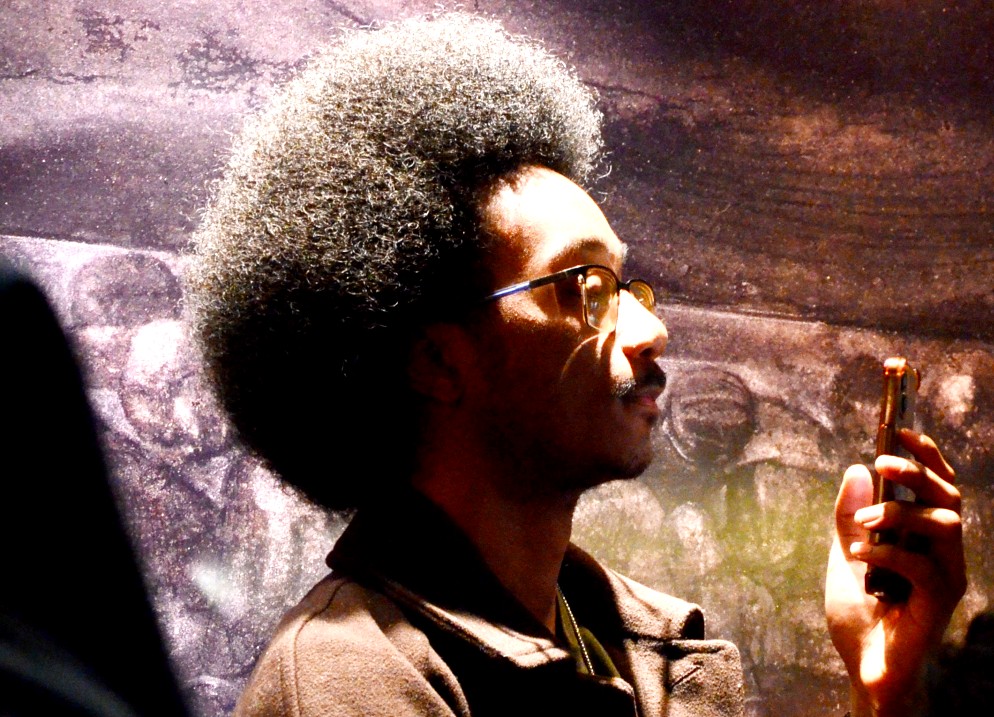
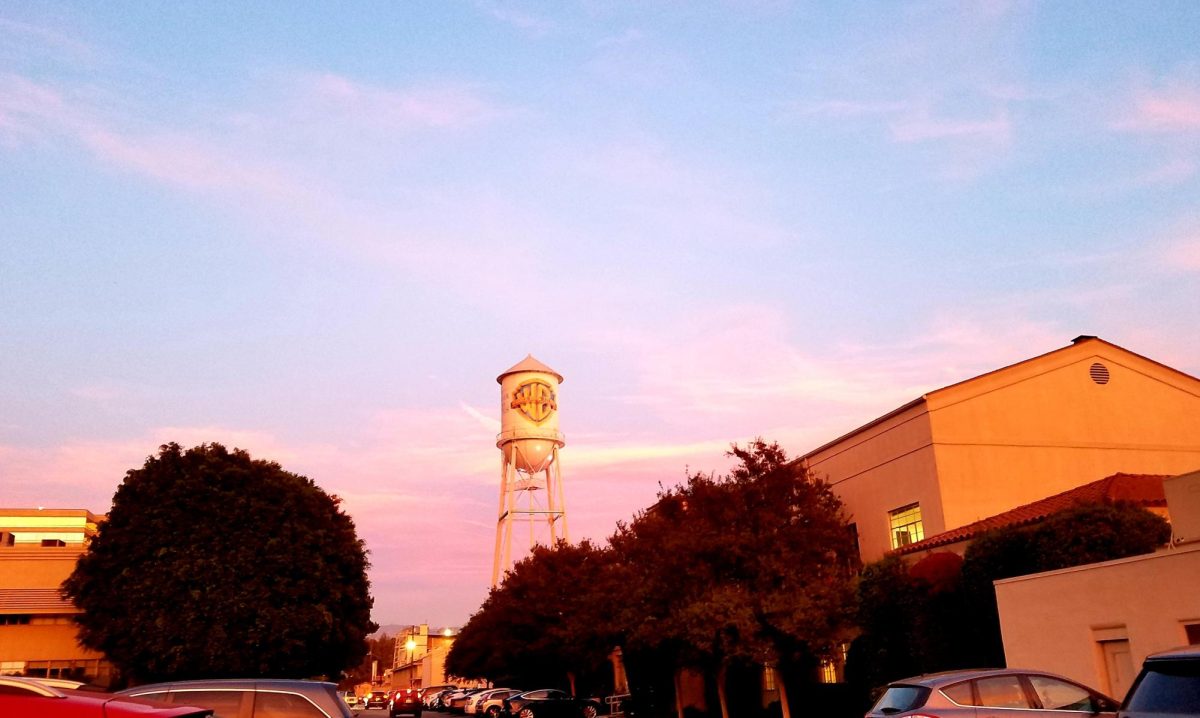









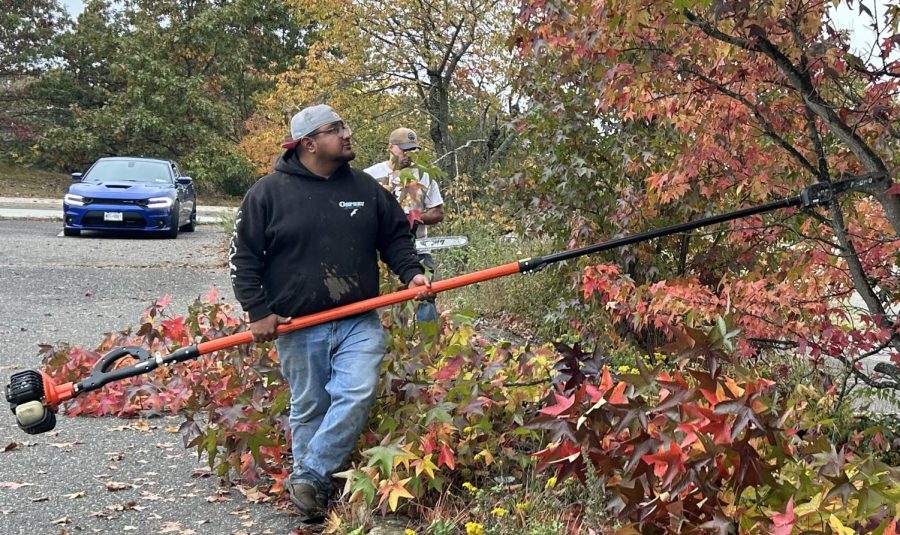





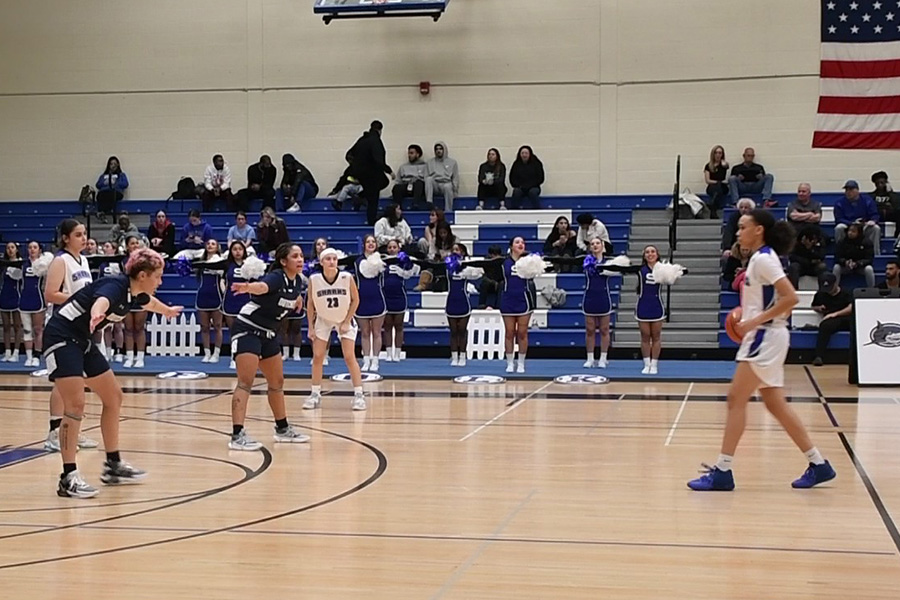
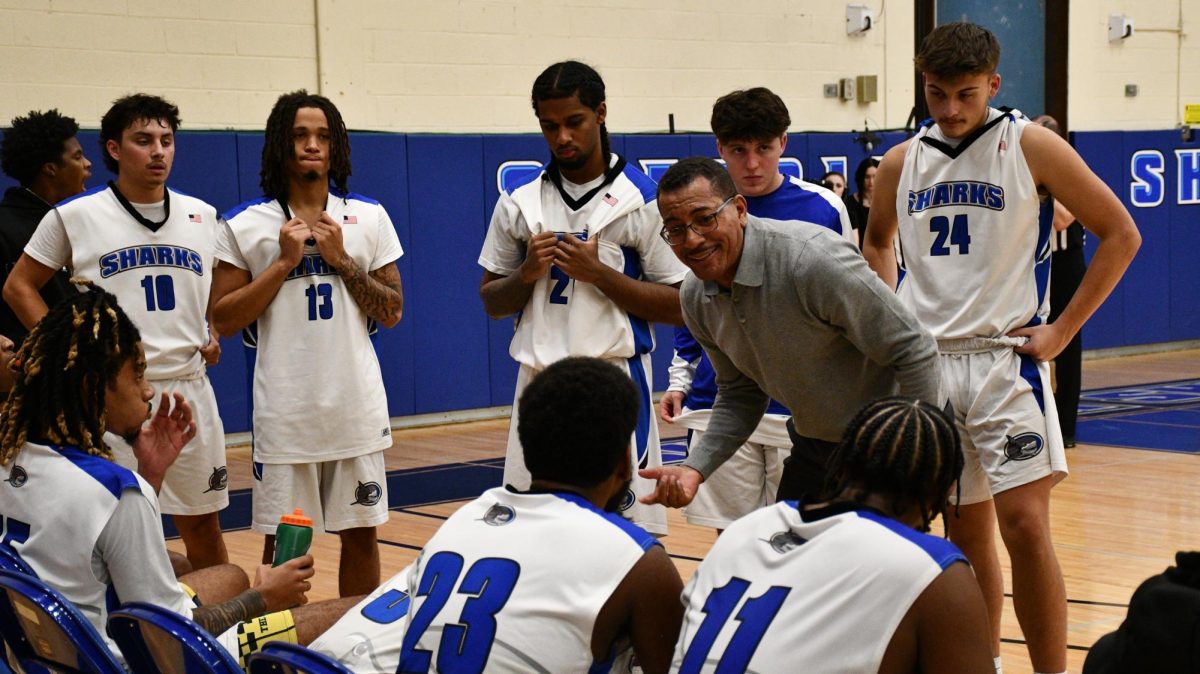


























Hudson • Oct 28, 2021 at 4:56 pm
Had me hoping there was more to it amazing job ❤️❤️❤️
adviser • Oct 28, 2021 at 4:05 pm
Any album that samples The Fall and Brian Eno has to be awesome
Abby • Oct 28, 2021 at 4:40 pm
This review was very well written! As someone who doesn’t know much about music, I love how you made the review accessible and understandable to everyone. Can’t wait to see what’s next!
Austin • Oct 28, 2021 at 4:03 pm
Album of the year contender for me!
Amelia • Oct 28, 2021 at 3:56 pm
This is a great album review loved every second of reading it! Keep it up, i’m super excited for the next review